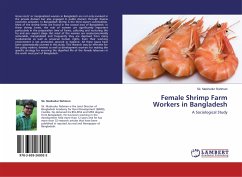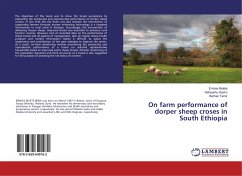Grass roots or marginalized women in Bangladesh are not only involved in the private domain but also engaged in public domain through diverse economic activates. In Bangladesh shrimp is the third export commodities. Most of the shrimp farms are found in the coastal area of Bangladesh. In these shrimp farms, the role of women are significantly important particularly in the preparation time of farms, culturing and nurturing the fry and pre- export stage. But most of the women are socioeconomically vulnerable, marginalized and frequently they are deprived from many fundamental as well as universal human rights. Even their working environment is not protected, secured or hygienic. All these issues have been systematically covered in this study. This research may be effective for the policy makers, feminist as well as development workers for making the specific strategy for ensuring the dignified life of the female labourers in the south west part of Bangladesh.








